 W
WEdward John Moreton Drax Plunkett, 18th Baron of Dunsany, was an Anglo-Irish writer and dramatist; his work, mostly in the fantasy genre, was published under the name Lord Dunsany. More than ninety books of his work were published in his lifetime, and both original work and compilations have continued to appear. Dunsany's œuvre includes many hundreds of published short stories, as well as plays, novels and essays. He achieved great fame and success with his early short stories and plays, and during the 1910s was considered one of the greatest living writers of the English-speaking world; he is today best known for his 1924 fantasy novel The King of Elfland's Daughter and The Gods of Pegāna, wherein he devised his own fictional pantheon and laid the groundwork for the fantasy genre. He was the inventor of an asymmetric version of chess called Dunsany's chess.
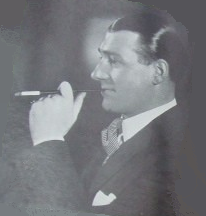 W
WWilliam Claude Fawcett was an English journalist, editor, broadcaster, and prolific author on fox hunting, horse racing, and equestrianism.
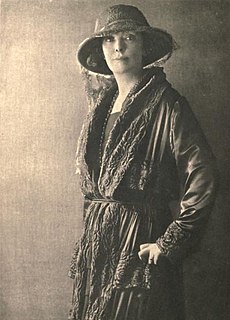 W
WLady Angela Selina Bianca Forbes was a British socialite and novelist who was known as a forces sweetheart for organising soldiers' canteens in France during the First World War. She reverted to her maiden name in 1929.
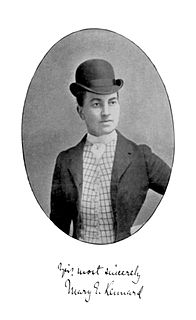 W
WMary Eliza Kennard (1850–1936) was an English novelist and writer of non-fiction. Most of her work was published under the name of Mrs Edward Kennard.
 W
WClarence Moore was a prominent American businessman and sportsman. In 1909, he built a large home in Washington, D.C. that now serves as an embassy of Uzbekistan. Moore died after a leisure trip to England, on his way home as a first class passenger on the RMS Titanic when it sank in the North Atlantic.
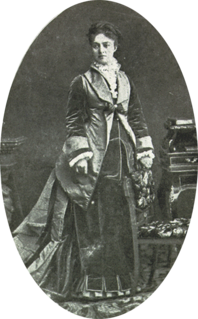 W
WAntoinette Van Leer Polk, Baroness de Charette was an American Southern belle in the Antebellum South and French aristocrat in the Gilded Age. Born into the planter elite, the great-niece of the 11th President of the United States James K. Polk and American Revolutionary War General "Mad" Anthony Wayne, member of the Van Leer family and an heiress to plantations in Tennessee, she was a "Southern heroine" who saved Confederate States Army personnel during the American Civil War of 1861-1865. After the war, she moved to Europe, where she took to foxhunting in the Roman Campagna of Italy and the English countryside, and later became a Baroness and socialite in Paris and Brittany.
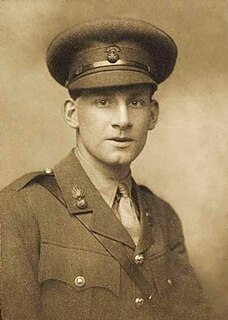 W
WSiegfried Loraine Sassoon, was an English poet, writer, and soldier. Decorated for bravery on the Western Front, he became one of the leading poets of the First World War. His poetry both described the horrors of the trenches and satirised the patriotic pretensions of those who, in Sassoon's view, were responsible for a jingoism-fuelled war. Sassoon became a focal point for dissent within the armed forces when he made a lone protest against the continuation of the war in his "Soldier's Declaration" of 1917, culminating in his admission to a military psychiatric hospital; this resulted in his forming a friendship with Wilfred Owen, who was greatly influenced by him. Sassoon later won acclaim for his prose work, notably his three-volume fictionalised autobiography, collectively known as the "Sherston trilogy".